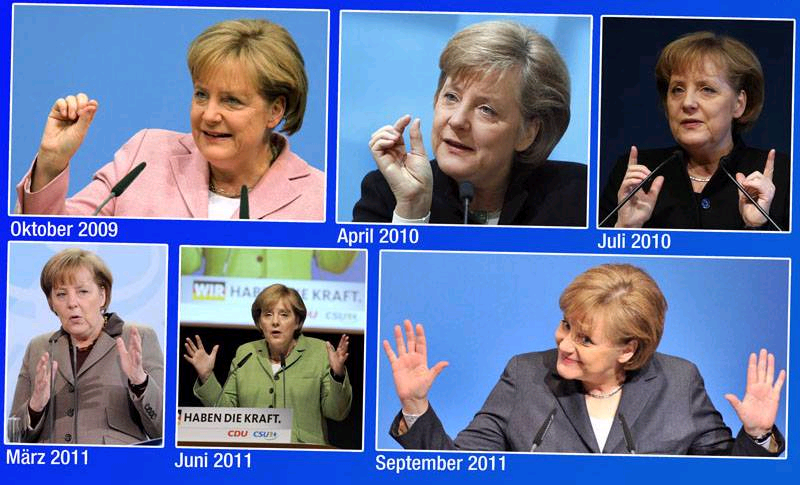Um Entscheidungen, die von Menschen und Institutionen im Wirtschaftsleben getroffen werden, besser verstehen zu können, hat sich in den Wirtschaftswissenschaften eine noch recht junge Fachrichtung herausgebildet, die sich mit den kognitiven, sozialen und emotionalen Hintergründen von wirtschaftlichen Entscheidungen befasst: Behaviorial Economics. Einer der Gründerväter der wirtschaftswissenschaftlichen Verhaltensforschung, der Psychologe
Daniel Kahneman, bringt dieser Tage ein
neues Buch auf den Markt, das einen populärwissenschaftlichen Zugang zu zentralen Problemen verspricht, die aus den drastischen Verzerrungen, denen der menschliche "Entscheidungsapparat" ausgeliefert ist, erwachsen.
Jonah Lehrer gibt einen Ausblick darauf, was von Kahnemans Buch zu erwarten ist:
In Mr. Kahneman’s important new book, “Thinking, Fast and Slow,” his first work for a popular audience, he outlines the implications of this new model of cognition. What are the most important mental errors that we all make? And can they be overcome?
Consider the overconfidence bias, which drives many of our mistakes in decision-making. The best demonstration of the bias comes from the world of investing. Although many fund managers charge high fees to oversee stock portfolios, they routinely fail a basic test of skill: persistent achievement. As Mr. Kahneman notes, the year-to-year correlation between the performance of the vast majority of funds is barely above zero, which suggests that most successful managers are banking on luck, not talent.
…And it’s not just investors who suffer from this mental flaw. The typical entrepreneur believes that he or she has a 60% chance of success, though less than 35% of small businesses survive more than five years. Meanwhile, CEOs who hold more company stock—taken here as a sign of self-confidence—also tend to make more irresponsible decisions, overpaying for acquisitions and engaging in misguided mergers.
Even consumers are hurt by this bias. A recent survey of American homeowners found that they expected, on average, to spend about $18,500 on remodelling their kitchens. The actual average cost? Nearly $39,000.
We like to see ourselves as a Promethean species, uniquely endowed with the gift of reason. But Mr. Kahneman’s simple experiments reveal a very different mind, stuffed full of habits that, in most situations, lead us astray. Though overconfidence may encourage us to take necessary risks—Mr. Kahneman calls it the “engine of capitalism”—it’s generally a dangerous (and expensive) illusion.
What’s even more upsetting is that these habits are virtually impossible to fix. As Mr. Kahneman himself admits, “My intuitive thinking is just as prone to overconfidence, extreme predictions and the planning fallacy as it was before I made a study of these issues.”





